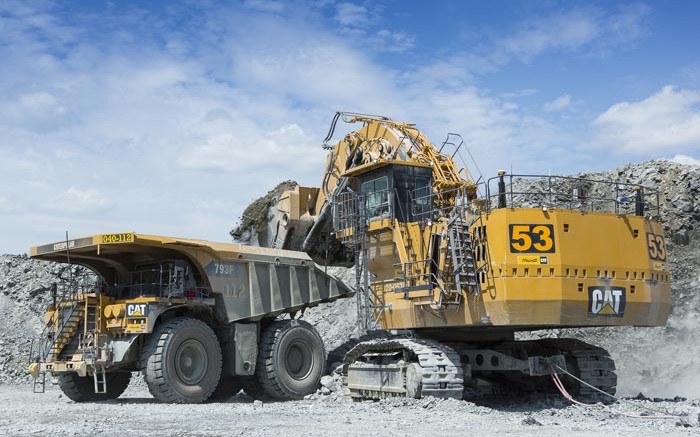It’s been a tough couple of years for the gold-mining industry, so some much-needed comic relief came along at just the right time in mid-January in the form of a purported unsolicited, all-cash, $7.50-per-share bid for U.S. gold miner Allied Nevada Gold by Hong Kong-registered China Gold Stone Mining Development.
In some ways the deal made sense, in that Allied Nevada has had its share price depressed owing to the industry downturn, operational problems in early 2013 and since-resolved debt-covenant pressures that piled on in late 2013.
But a lot of things didn’t make sense: nobody had ever heard of China Gold Stone, and over the past half-dozen years Chinese companies have been far more interested in acquiring base metals and other industrial mineral assets. Luxury goods-focused gold and diamond companies have generally not been acquisition targets.
Another red flag was that China Gold Stone said it operated three gold mines in China valued at $15 billion, which sounds preposterous. (With its multitude of high-quality mines worldwide, Barrick Gold’s market cap is only US$21 billion, for comparison.)
Allied Nevada responded in midday on Jan. 14 that it had received a letter from Gold Stone the day before notifying it of the “bid,” and that management was suspicious of its validity, starting with basic reasons such non-compliant filings and deadlines.
The afternoon of Jan. 14 saw a new press release come across the wire with the headline “KILLKILLKILL.” No, it wasn’t the promotion of a new Russ Meyer-inspired film, but rather an announcement by China Gold Stone that its press release issued earlier in the day regarding a bid for Allied Nevada “was issued in error and without the advice of counsel.”
It’s funny: Allied Nevada’s stock closed at $4.69 on Jan. 13 before the “bid” was made public, and has at press time settled into the $5.10 range after a little see-sawing. In other words, the stock never came close to the purported bid price, but apparently the whole silly episode caused enough serious investors to take a second look at Allied Nevada’s valuation and determine that indeed the company had been underappreciated in the market, and decisively push the stock up 8%.
And so it ends, with happy faces all around in the Allied Nevada camp.
• A genuine and far more consequential unsolicited bid in mid-January was Goldcorp’s $2.6-billlion cash and shares offer for Osisko Mining and its world-class Canadian Malartic gold mine in Quebec’s Abitibi region.
Goldcorp’s offer values Osisko at $5.95 per share, or a 15% premium to the previous week’s trading, but Osisko’s shares quickly plateaued at $6.20, indicating expectations of a sweetener.
Still, it’s quite a comedown for Osisko shareholders, who once basked in a $15 share price in late 2010, and $10 as recently as mid-2012. During the resource-drilling and mine-construction phases at Canadian Malartic, Osisko shares were widely judged by Bay Street to be too expensive to trigger a takeover bid by a gold major, and so the company had no choice but to proceed with mine construction and commercial operations on its own — which it has done with considerable success and aplomb.
Unusually for these cases, Goldcorp’s share price was essentially unchanged after its bid was made public.
While a sweetener is anticipated, there are still a lot of mixed signals about whether another company will join the fun and start a bidding war. Many gold analysts have predicted more M&A activity in the gold sector this year, but few majors have an appetite for these kinds of multi-billion dollar purchases, as they are more focused these days on cost-cutting and meeting capex predictions.
One potential suitor that was always a non-starter during the exploration and mine-development phase at Canadian Malartic was Barrick, largely because Osisko had built its empire on ground that Barrick had let slip out of its hands for almost nothing, and it would have been humiliating for the same management group to buy back the same property for billions of dollars. But today few people remember that, and there has been such wholesale turnover in Barrick’s executive suites that those egocentric concerns probably aren’t a factor.




Be the first to comment on "Editorial: Takeover bids, real and imagined"